16 Essential Skin Care Tips For Teenagers
Hacks to deal with any skin woes during those sensitive years of change and transformation
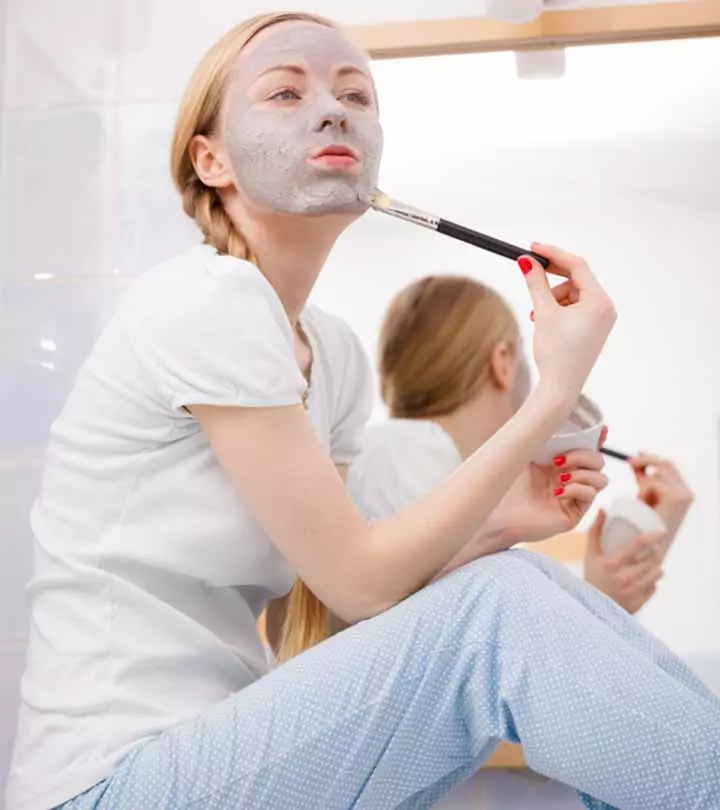
Image: Shutterstock
Teenage is a rollercoaster ride. It is incredibly difficult to get through adolescence without facing various skin problems. That is why you need to follow some skin care tips for teenagers. You also need to figure out what makes your skin healthy and what causes it to break out. We may not be able to help you solve all your life’s problems, but we can certainly help you master your skin care routine. A wholesome skincare routine is important for teenagers to deal with common skin problems like acne, dryness, and oiliness. Our guide will help you choose the right skincare products based on your skin type and daily needs. To learn how to do that, just keep reading!
But, before we get into the skin care recommendations, you must first determine your skin type and then create a plan based on that. Keep scrolling to learn more about your skin type.
In This Article
Determine Your Skin Type

First things first – it is crucial to know your skin type. A routine that is suitable for oily skin will not work as effectively for dry skin. So, let’s determine your skin type.
- Normal Skin
Normal skin usually has a soft texture and is smooth. It doesn’t have any blemishes and patches. The pores are tight, and the skin surface feels neither greasy nor dry. The water content and oil production are well balanced, and blood flow to the skin is good.
If you have normal skin, use a mild and non-alcohol cleanser to prevent over-drying.
- Oily Skin
As the name suggests, oily skin looks shiny and is prone to acne, pimple, blackheads, and whiteheads. The pores are open, and the skin has an excess of sebum on it. During teenage, the hormone levels are always fluctuating, which might make things worse for oily skinned teens. Experts believe that stress (be it exam stress or the stress before a date night) can cause your skin to break out (1). So, stay calm.
If you have oily skin, use a pH-balanced BHA cleanser and water to clean your face twice a day. Carry alcohol-free cleansing pads/ skin blotting paper strips with you and use skin care products that are non-comedogenic.
- Dry Skin
Dry skin is flaky, not-so-smooth to touch, dull, and itchy. It has invisible pores, and the outer layer of the skin keeps shedding abnormally. Dry skin needs external moisturization to stay smooth.
If you have dry skin, avoid washing it with soap. Instead, use a mild pH-balanced cleanser. Also, never take hot showers. Avoid excessive washing and scrubbing.
- Combination Skin
Combination skin
is a concoction of all the above skin type! You may have an extremely oily T-zone (the forehead, nose, and chin), and the other parts of the face may be dry. You may have blackheads and open pores. The cheeks may appear rough and dry while the other parts are overflowing with sebum and natural oils.
If you have combination skin, use Syndet soap and water to clean your face. Use moisturizer all over the face. Ensure you choose ceramide-based non-oily moisturizers.
Now that you know your skin type, let’s move on to the skin care tips.
Key Takeaways
- It is important to figure out your skin type when planning the perfect skin care routine for teenagers.
- A simple routine of cleansing, toning, and moisturizing works best for young skin.
- Never skip sunscreen as it protects skin from sun damage. Pick a sunscreen with a spectrum level of SPF 30 or higher.
- Avoid touching your face frequently to minimize the chance of acne.
16 Skin Care Tips For Teenage Girls And Boys
- Wash Your Face
- Moisturize
- Powder On Your Face? (No! Please!)
- Stay Away From Scrubs
- Be Thrifty With Makeup
- Don’t Try To Be Dr. Pimple Popper!
- Drink Water (And Plenty Of It!)
- Keep Your Hands Off Your Face
- Check Your Diet
- Exfoliate Once A Week
- Use A Face Mask Or Face Pack Once In Every Two Weeks
- Take Care Of Your Lips
- Don’t Forget The Hands
- Have A Proper Nighttime Skin Care Routine
- Don’t Forget About Sun Block
- Consider Using Non-Comedogenic Products
1. Wash Your Face
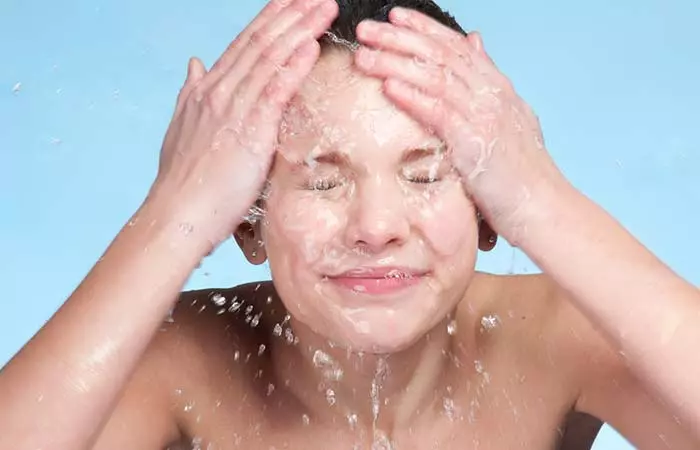
That’s the first thing to do when you wake up in the morning. Why? Because you need to clear your skin of the oil and sweat that have accumulated on your skin all through the night. Do not use soap; use a mild cleanser. Do not rub aggressively as it can irritate the skin and increase oil secretion.
2. Moisturize
Yes. Even the most problematic skin needs to be moisturized. Pick a light skin cream that’s suitable for your skin and addresses your skin issues (like acne or spots). Do not like the glossy finish? You can use matte finish moisturizers that are easily available on the market. If you are going out, you can use a tinted moisturizer.
 Trivia
Trivia3. Powder On Your Face? (No! Please!)
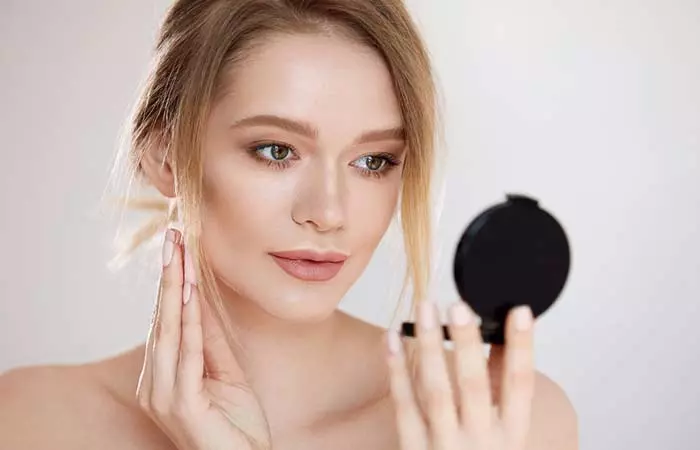
If you have oily skin that gets glossy through the day, hiding the shine under layers of powder is not going to help. The powder will clog your pores and make your skin look patchy. The best way is to use a blotting paper or a tissue to absorb all the excess oil and shine.
4. Stay Away From Scrubs
Do not use harsh scrubs as they can seriously damage your skin, especially irritated or sensitive skin. Even the pore strippers. Wondering how on earth you are going to get rid of the blackheads (a type of non-inflammatory acne lesions)? The best way to get rid of them is to follow a cleansing routine religiously. Use a product that contains 2% salicylic acid (2), (3). You can talk to a dermatologist for a recommendation. In case you are under 16, always do this under adult supervision.
5. Be Thrifty With Makeup
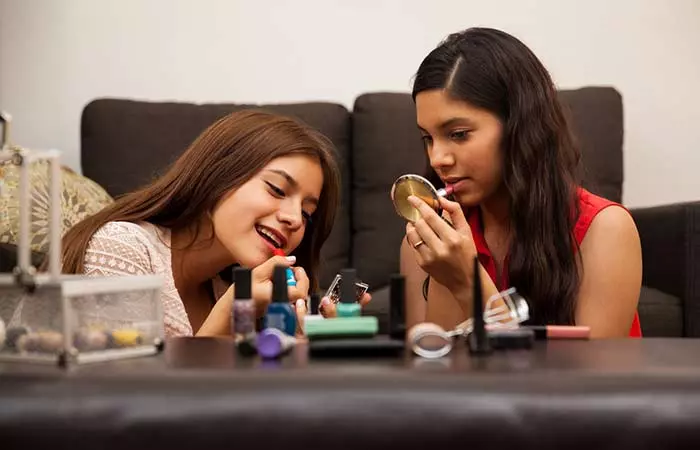
As long as you are cleansing your skin at the end of the day, a little bit of makeup is fine. Wash the makeup brushes (if you are using any) regularly. Avoid using foundation because it is too heavy for your delicate skin. Instead, use a tinted moisturizer. Pick a shade that’s closest to your skin tone. And how would you know that? Swatch it on the jawline (not the hand!) and pick the appropriate shade.
6. Don’t Try To Be Dr. Pimple Popper!
It’s tempting. It’s irresistible. And it’s so satisfying! But no. Don’t try to play Dr. Pimple Popper unless you want to scar your face for the rest of your life. Instead, try applying a bit of tea tree oil (diluted with water) directly on the pimple or acne (4). This will help clear the infection and kill any remaining bacteria. You can also use a spot treatment cream to calm the skin and tackle breakouts.
7. Drink Water (Plenty Of It!)

Because water will keep your skin hydrated and glowing (5). Start your day with a cold (or warm) glass of water. Keep a water bottle with you when you are going to college. Keep sipping on it throughout the day.
If this sounds boring, here’s how you can add an interesting twist to it. Add a few slices of lemon, cucumber, and grapefruit to the water. Let it stay overnight, and the next day, carry the bottle with you. Refill it whenever necessary.
8. Keep Your Hands Off Your Face
And anything else that’s not clean and can transfer bacteria to your face. So, no more touching your face with your hands! Also, make sure you are using clean and dry towels to wipe your face. Wash your makeup brushes every week. Avoid sharing makeup products and accessories.
9. Check Your Diet

Acne and pimples are more hormone-related and less food or diet-related issues. But your skin needs vital nutrients to stay healthy. Stick to a healthy diet plan that is good for your skin and overall health. Also, keep track of what you eat to identify if you have intolerance to any food. Often, specific food items can cause skin issues, such as severe acne breakouts and eczema. In most of the cases, the culprits are dairy products (6), (7). However, it’s good to do an allergy test to rule out other possibilities.
Pallavi, a blogger, shared her daily skin care routine that involves a proper beauty regimen along with an emphasis on a balanced diet and hydration as crucial for healthy and glowing skin. She adds, “I strongly believe in ‘you are what you eat.’ What goes inside you strongly reflects on your outside. So always stick to a diet that is healthy, organic, fresh, and rich in minerals and antioxidants, and drink lots and lots of water as it flushes out all the oxidants and toxins generated in your body…. For healthy glowing skin you need to eat healthy (i).”
10. Exfoliate Once A Week
Do not use a store-bought scrub. Instead, use a homemade exfoliator or scrub to remove your dead skin cells once a week and achieve flawless skin. To make a homemade scrub, simply mix sugar and honey. If your skin is sensitive, go for oatmeal mixed with honey and milk.
11. Use A Face Mask Or Face Pack Once In Every Two Weeks

Face masks have several benefits. They not only remove dirt, impurities, and toxins from your skin surface but also keep it moisturized. Though you can easily buy readymade face masks and packs from the market, it is better to stick to natural ingredients. Spread the mask on your face and wait until it’s dry and then wipe it clean. Check out some natural face pack recipes that you can easily prepare at home by clicking here.
12. Take Care Of Your Lips
Just like your face, your lips too need special care. Avoid licking your lips as that will make them dry. Apply lip balm before going to bed. Your lips also need scrubbing. You can apply some cream on a baby toothbrush, wet your lips and then scrub gently with the brush for a minute. Wash it and apply lip balm.
 Quick Tip
Quick Tip13. Don’t Forget The Hands
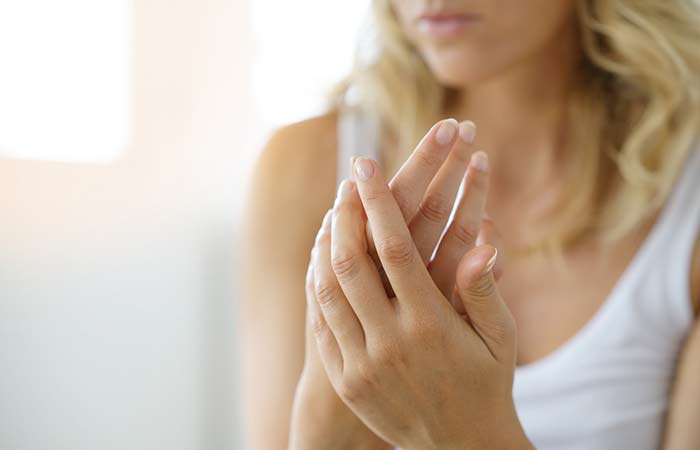
Let’s not forget the hands. Buy a good hand cream and massage it on your hands every morning. Just ensure that you do not use too much of the product because it will make your hands slippery.
14. Have A Proper Nighttime Skin Care Routine
Make sure to follow a proper nighttime beauty routine religiously. Remember, your skin rejuvenates itself while you are fast asleep. Cleanse your face, remove all the traces of dirt and makeup, and apply moisturizer, lip balm, and hand cream before you hit the sack.
15. Don’t Forget To Apply Sun Block
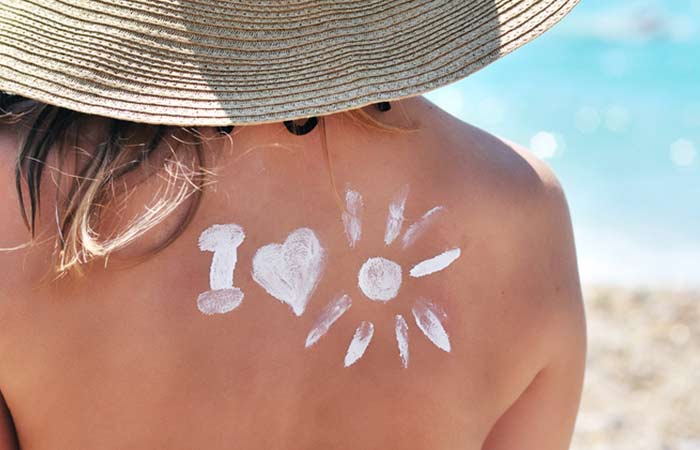
You are never too young to start using a sunblock. Before you leave for school or college, apply a broad spectrum sunblock or sunscreen (at least SPF 30 and higher) to all the exposed areas (8). Keep it in your backpack so that you can reapply it when needed.
A study with 7,765 participants had 3,204 men (41.3%) and 4,561 women (58.7%) as the gender split. The analysis sought to describe demographic traits, sun protection practices, and the frequency of sunburns among older adults. A little more than 20% of people had skin that would burn repeatedly or freckle after repeated sun exposure, but more than 50% of people had skin that would tan after repeated sun exposure in a light (29.0%), medium (26.0%), or very dark (7.8%) way.
16. Invest In Non-Comedogenic Products
If you have acne-prone skin, consider using non-comedogenic products. These are specially made to avoid clogging your pores, which can help prevent breakouts (9). Look for labels that say “non-comedogenic” when choosing products like moisturizers, sunscreen, or makeup. This can keep your skin clearer and healthier over time.
Following these simple tips can make your skin look healthy, nourished, and youthful. In the next section, we have discussed the importance of the top tip in the list – moisturizing your skin. Check it out!
Why Is It Important To Moisturize Your Skin?
Your skin functions as a barrier to protect the underlying tissues from harm, and the use of moisturizer helps protect this barrier function. According to a study published in the Journal of Clinical Medicine and Research, moisturizers may help alleviate the symptoms of dermatitis (different types of skin irritation and rashes caused by a wide range of factors). They do so by hydrating the skin, reducing transepidermal water loss, and creating a film around the skin to protect it from friction (10). Therefore, irrespective of whether you have dry, oily, sensitive, or acne-prone skin, it is important to use moisturizer every day.
So how do you go about with the skincare routine? Keep reading to find out.
Skincare Routine Steps
Here’s a simple daily skincare routine for a teenager:
- Cleanse – Start with a gentle face wash to remove dirt, oil, and sweat. Use a cleanser that suits your skin type. Cleanse in the morning and before bed.
- Tone (Optional) – If you want, use a toner to balance your skin and tighten pores. This step is optional, but it can help if you have oily or acne-prone skin.
- Moisturize – Apply a light moisturizer to keep your skin hydrated. Even if you have oily skin, don’t skip this step – a moisturizer can help keep your skin from producing too much oil.
- Sunscreen – Always finish with sunscreen, especially in the morning.
- Spot Treatment (If needed) – If you have acne or pimples, apply a spot treatment after moisturizing. Use it only on the affected areas.
Repeat this routine every day for the best results!
Infographic: 6 Skin Care Tips Every Teenager Should Know
Maintaining a simple yet efficient skincare routine is crucial for every teenager. It helps keep their skin in the best possible condition and prevents premature aging. We have rounded up a few self-care tips every teenager should follow to get healthy, glowing skin. Check out the infographic below to know more! Illustration: StyleCraze Design Team
Adolescence may cause various skin issues which need to be addressed according to your skin type. Teenagers with oily skin must opt for non-comedogenic products while those with dry skin should go for a mild cleanser. Following simple skincare tips such as washing your face after you wake up, using the right moisturizer for your skin, exfoliating once a week, and drinking plenty of water will keep your skin hydrated, smooth, and glowing. A simple skincare routine and a healthy lifestyle will give you soft and naturally glowing skin.
Frequently Asked Questions
What ingredients should I avoid in skincare products?
Avoid ingredients like alcohol, artificial fragrances, and harsh exfoliants. These might dry out or irritate your skin, especially if you have sensitive or acne-prone skin.
Is toner necessary for teenage skin?
Toner helps remove remaining makeup and oil and balances the pH level of the skin. So, it’s better that you don’t skip it.
Is aloe vera good for teenage skin?
Yes, aloe vera has powerful antioxidants that help slow down the aging process (11).
Can I use vitamin C as a teenager?
Yes, you can use vitamin C to boost collagen production and reduce hyperpigmentation (12).
How do teenage girls use lemon on their faces?
Teenagers can make a homemade face mask with honey and yogurt or sugar to get healthy and glowing skin.
Unveil the secrets to flawless skin in this video. Explore personalized skin care routines for oily, normal, and dry skin types, featuring moisturizers, face washes, and sunscreens.
Personal Experience: Source
StyleCraze's articles are interwoven with authentic personal narratives that provide depth and resonance to our content. Below are the sources of the personal accounts referenced in this article.
i. My Everyday Skin Care Routine | Secretshttps://pallavinv.wordpress.com/2014/12/20/my-skin-care-routine/
References
Articles on StyleCraze are backed by verified information from peer-reviewed and academic research papers, reputed organizations, research institutions, and medical associations to ensure accuracy and relevance. Read our editorial policy to learn more.
- The association between stress and acne among female medical students in Jeddah Saudi Arabia
https://pubmed.ncbi.nlm.nih.gov/29255370/ - Efficacy and safety of 2% supramolecular salicylic acid compared with 5% benzoyl peroxide/0.1% adapalene in the acne treatment: a randomized split-face open-label single-center study
https://pubmed.ncbi.nlm.nih.gov/30173582/ - Topical azelaic acid salicylic acid nicotinamide sulphur zinc and fruit acid (alpha‐hydroxy acid) for acne
https://www.ncbi.nlm.nih.gov/pmc/articles/PMC7193765/ - A review of applications of tea tree oil in dermatology
https://pubmed.ncbi.nlm.nih.gov/22998411/ - Dietary water affects human skin hydration and biomechanics
https://www.ncbi.nlm.nih.gov/pmc/articles/PMC4529263/ - Effects of Diet on Acne and Its Response to Treatment
https://www.ncbi.nlm.nih.gov/pmc/articles/PMC7847434/ - Dietary modifications in atopic dermatitis: patient-reported outcomes
https://www.ncbi.nlm.nih.gov/pmc/articles/PMC5736303/ - Sunscreens
https://pubmed.ncbi.nlm.nih.gov/25207381/ - Non-comedogenic cosmetics
https://pubmed.ncbi.nlm.nih.gov/138532/ - The Role of Moisturizers in Addressing Various Kinds of Dermatitis: A Review
https://www.ncbi.nlm.nih.gov/pmc/articles/PMC5849435/ - ALOE VERA: A REVIEW OF ITS CLINICAL EFFECTIVENESS
https://www.researchgate.net/publication/269846534_ALOE_VERA_A_REVIEW_OF_ITS_CLINICAL_EFFECTIVENESS - The Roles of Vitamin C in Skin Health
https://www.researchgate.net/publication/319347502_The_Roles_of_Vitamin_C_in_Skin_Health
Read full bio of Dr. Sonam Jeswani Ramrakhiani
Read full bio of Ramona Sinha
Read full bio of Eshna Das
Read full bio of Shiboli Chakraborti






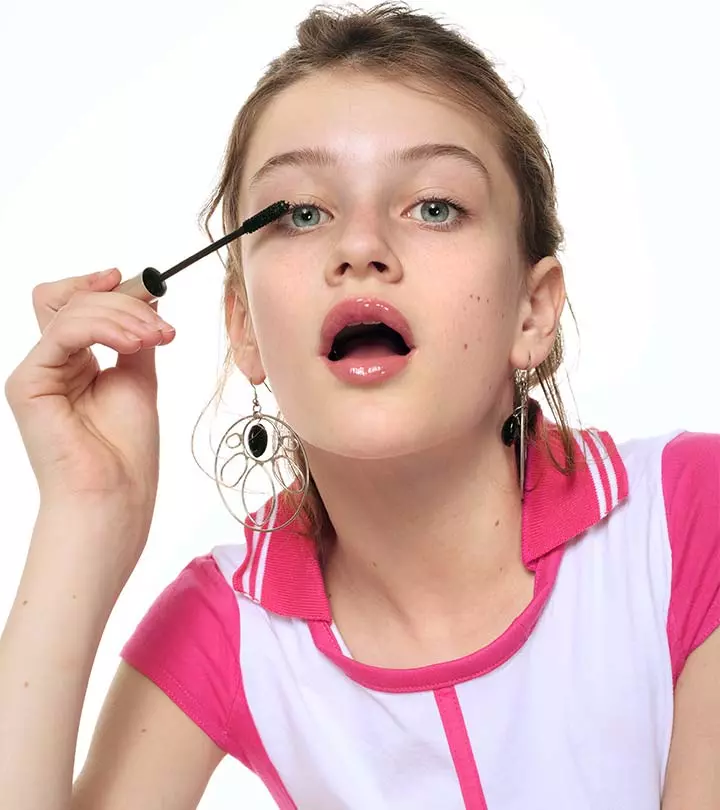

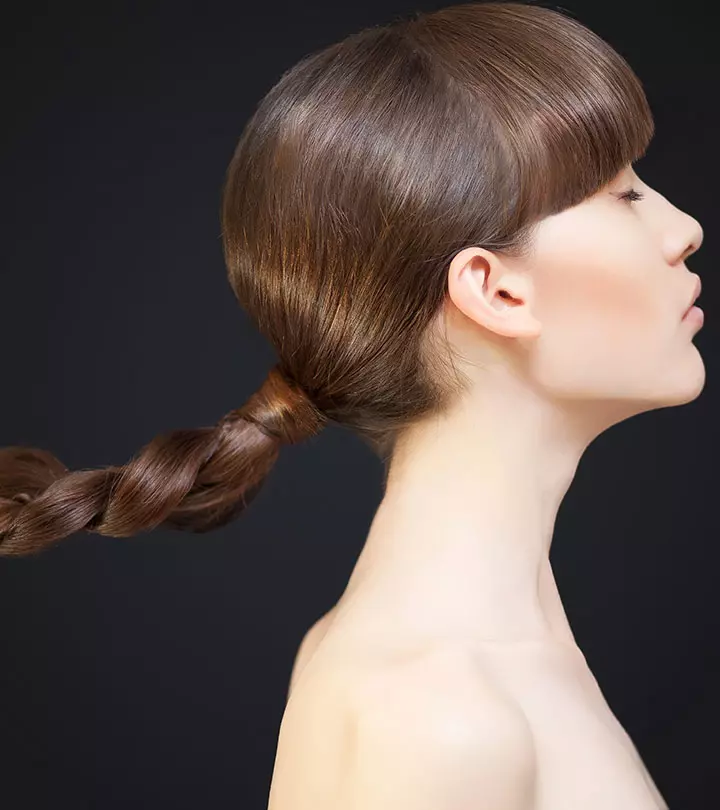
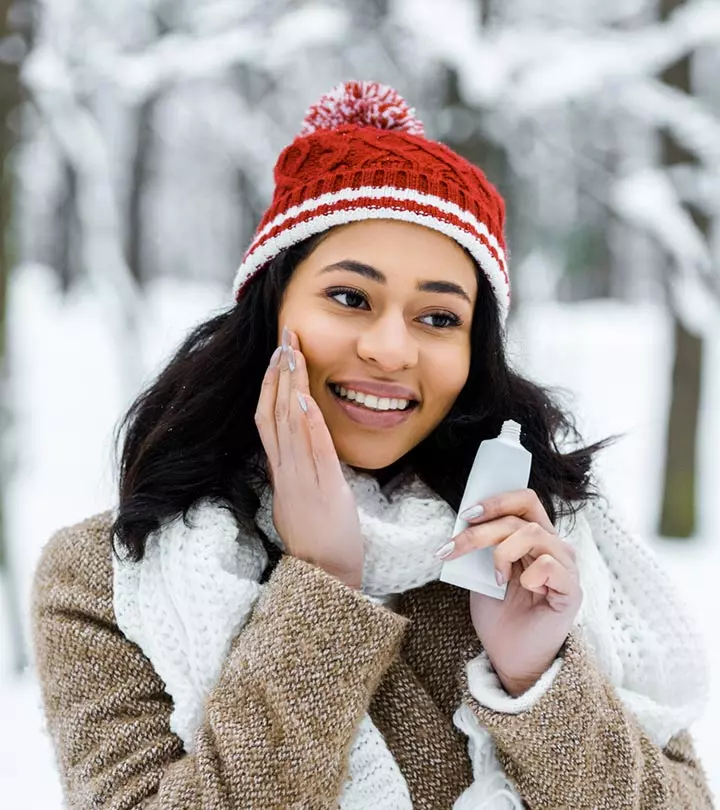
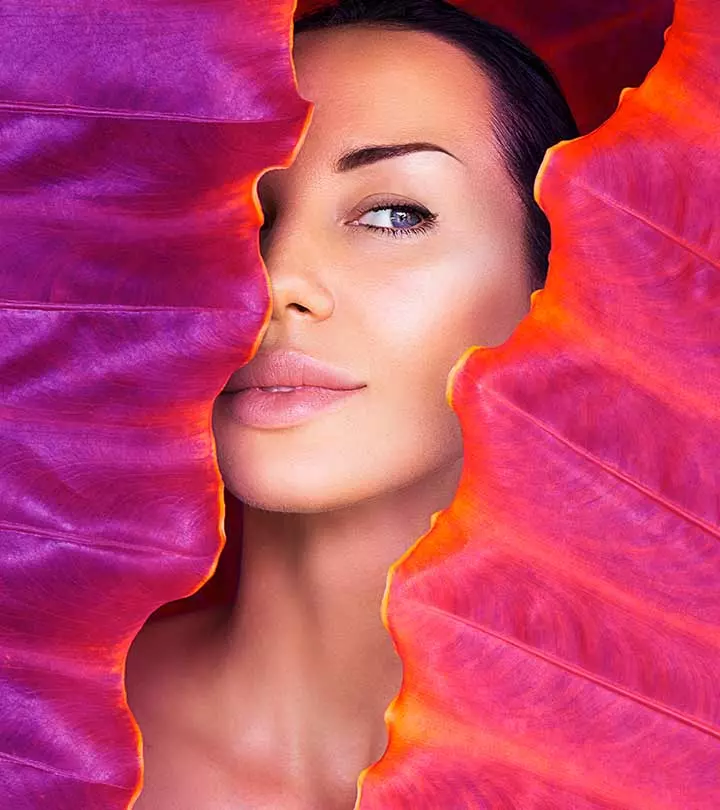
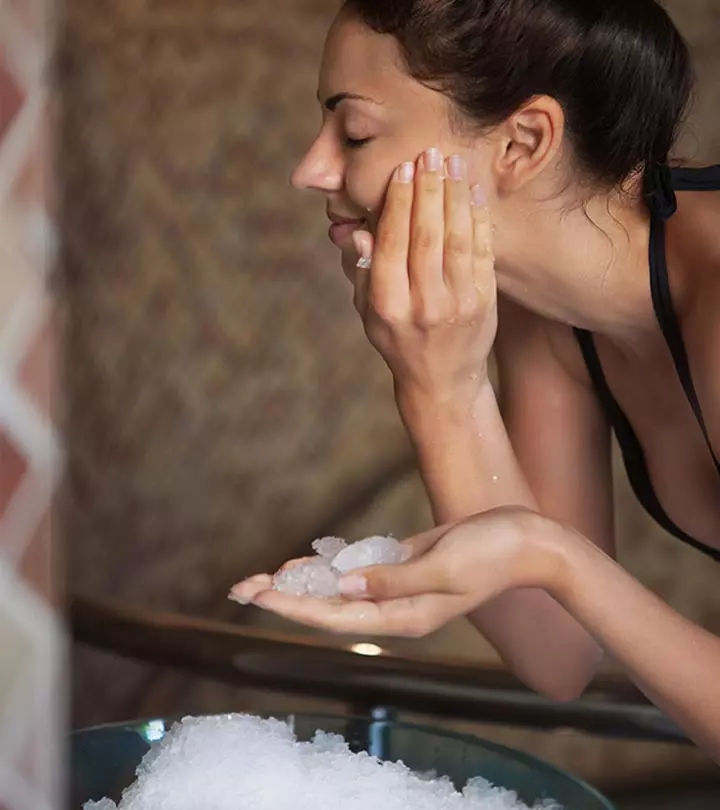

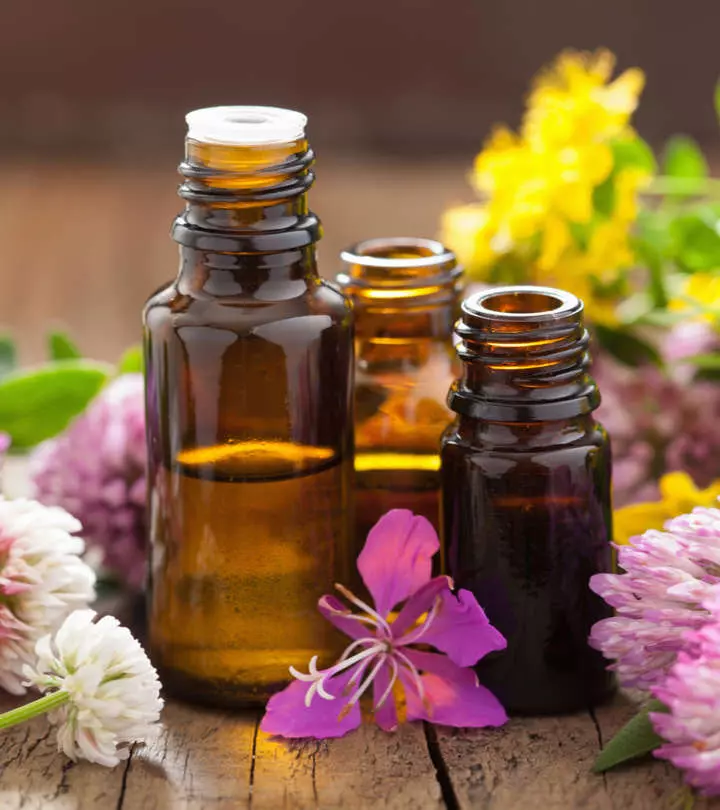
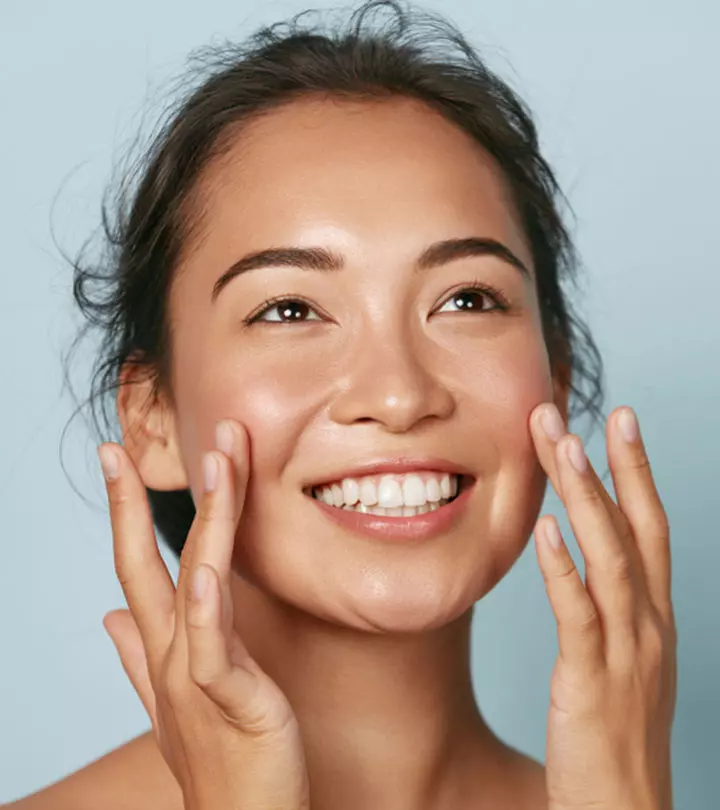

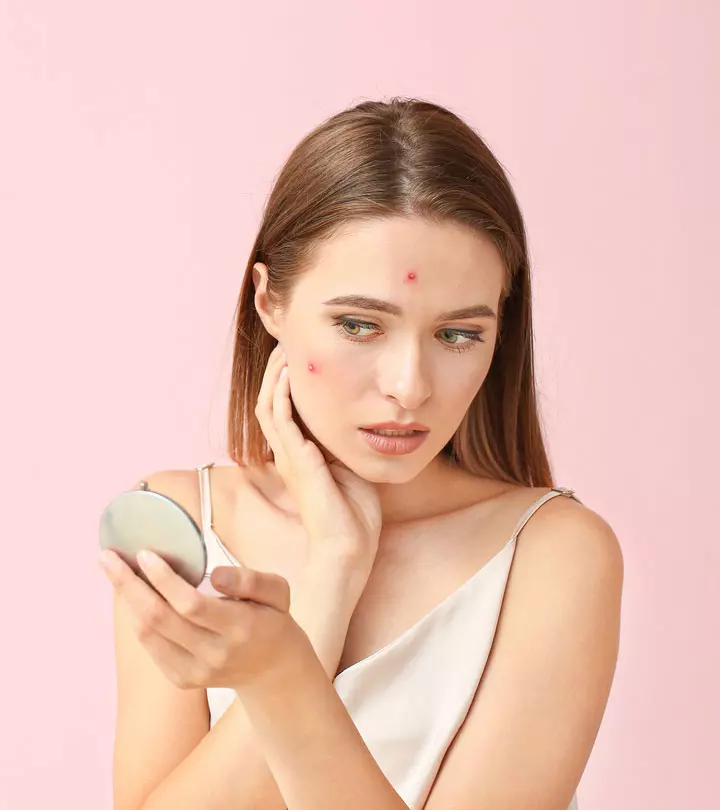

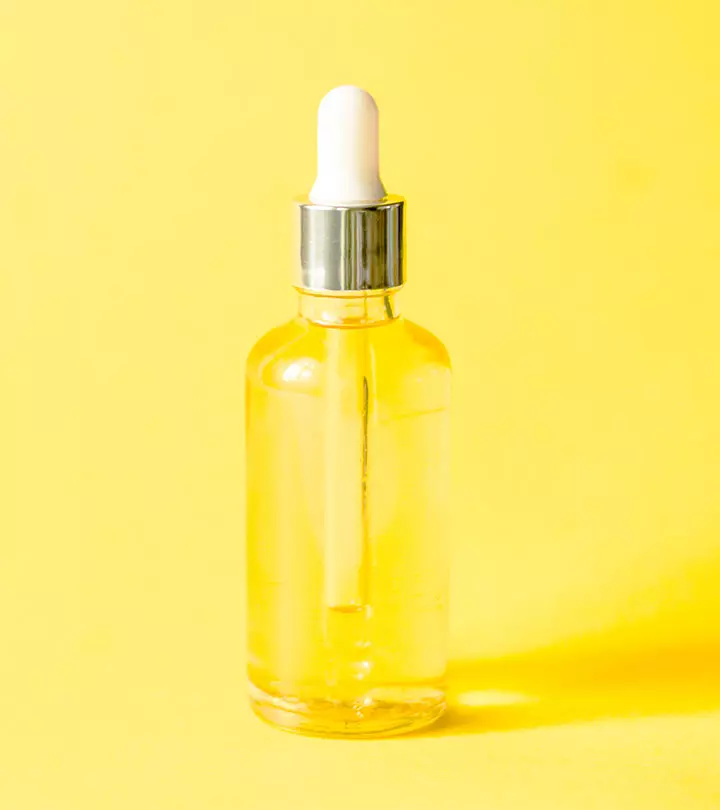
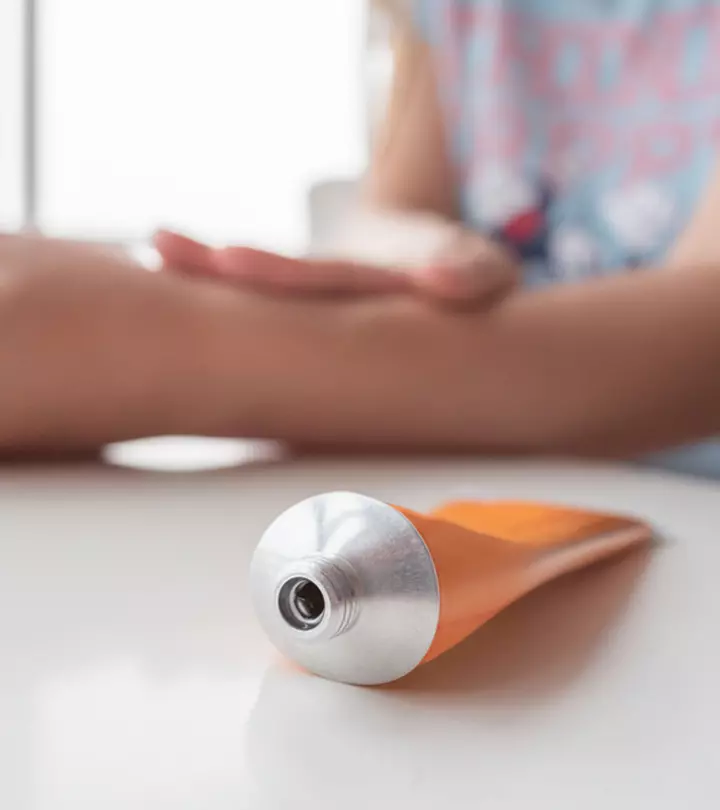
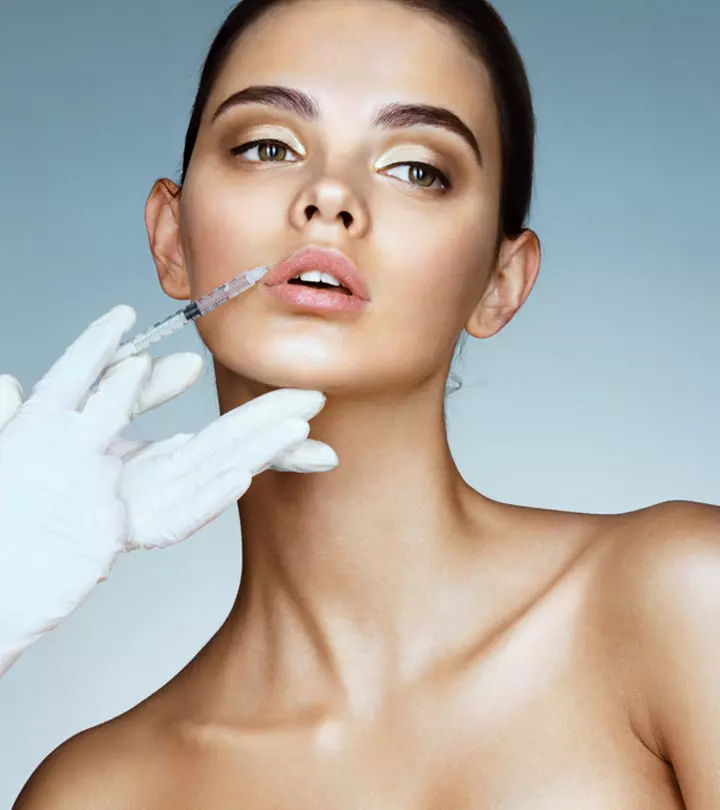
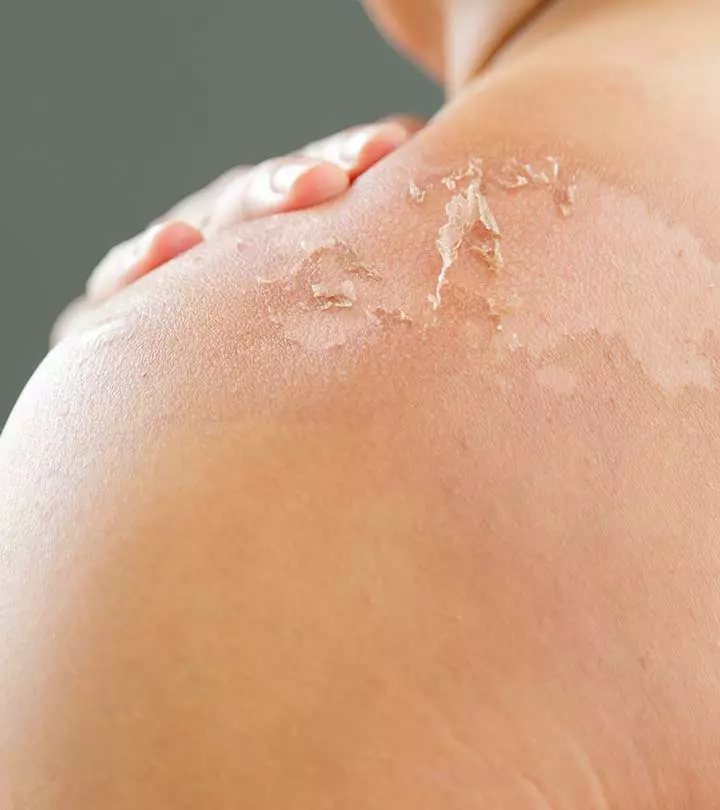
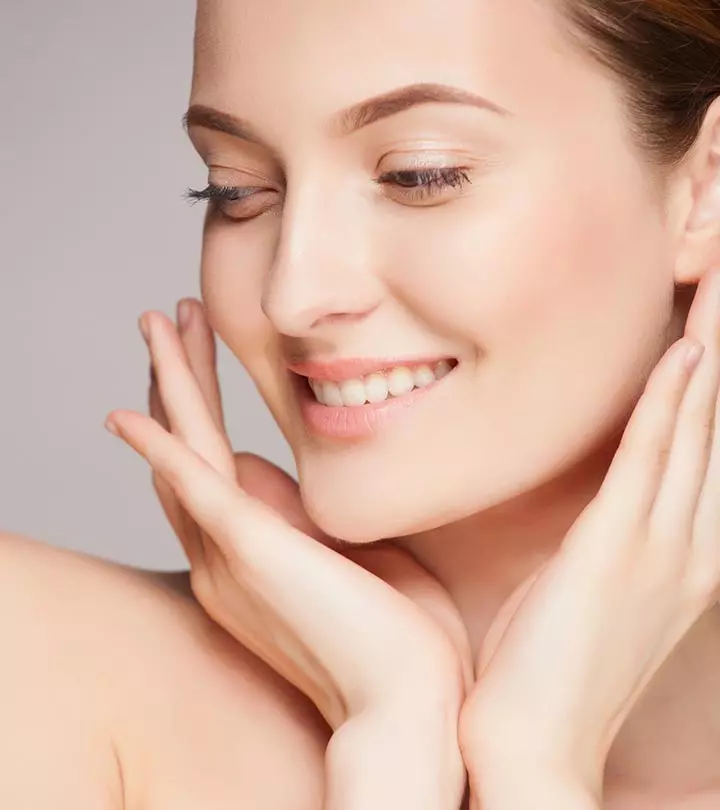
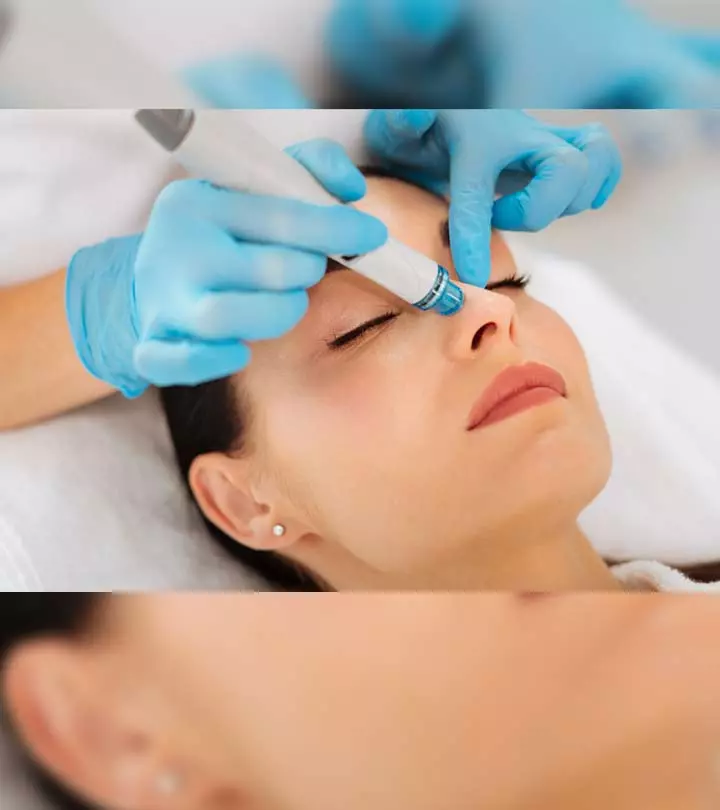
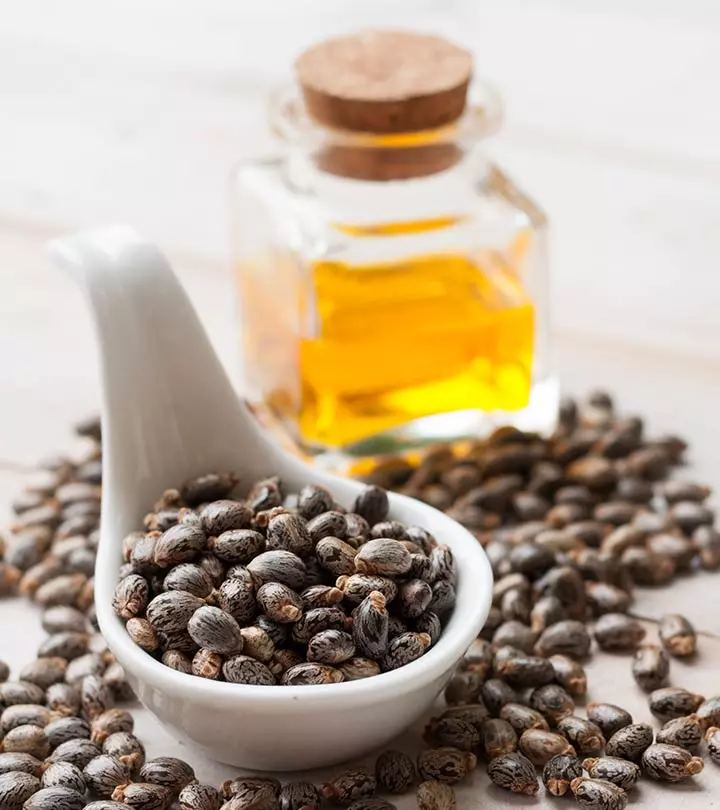
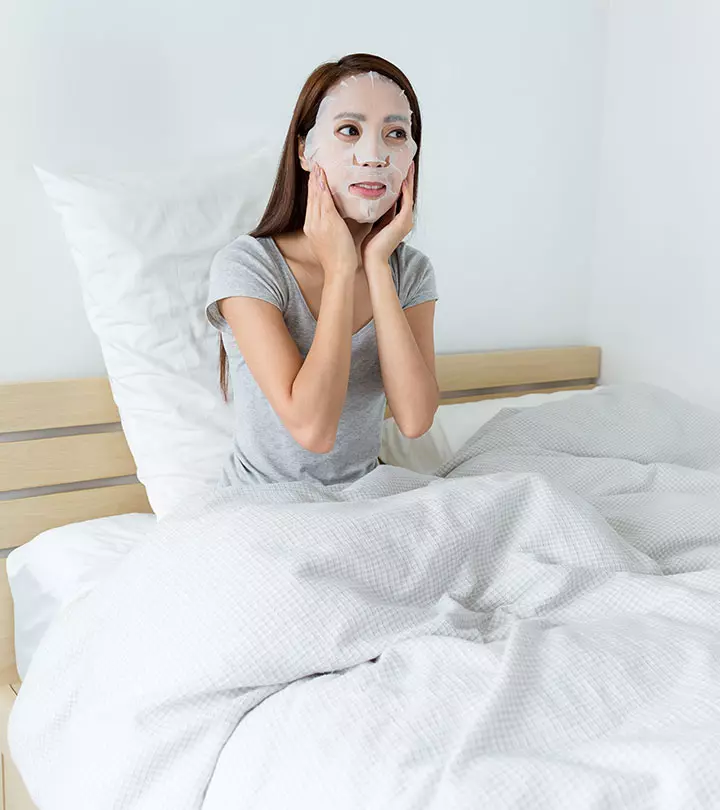
Community Experiences
Join the conversation and become a part of our empowering community! Share your stories, experiences, and insights to connect with other beauty, lifestyle, and health enthusiasts.